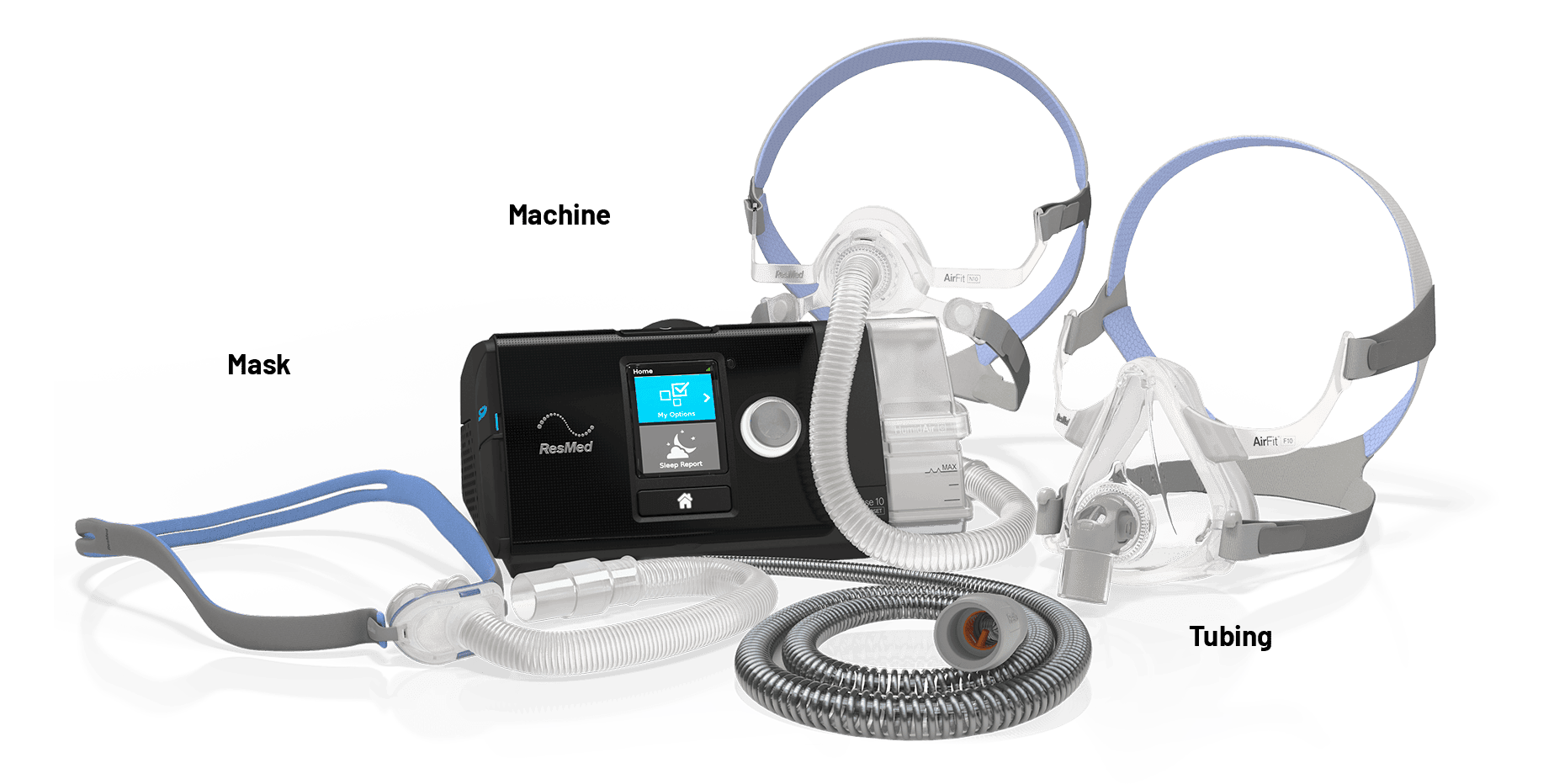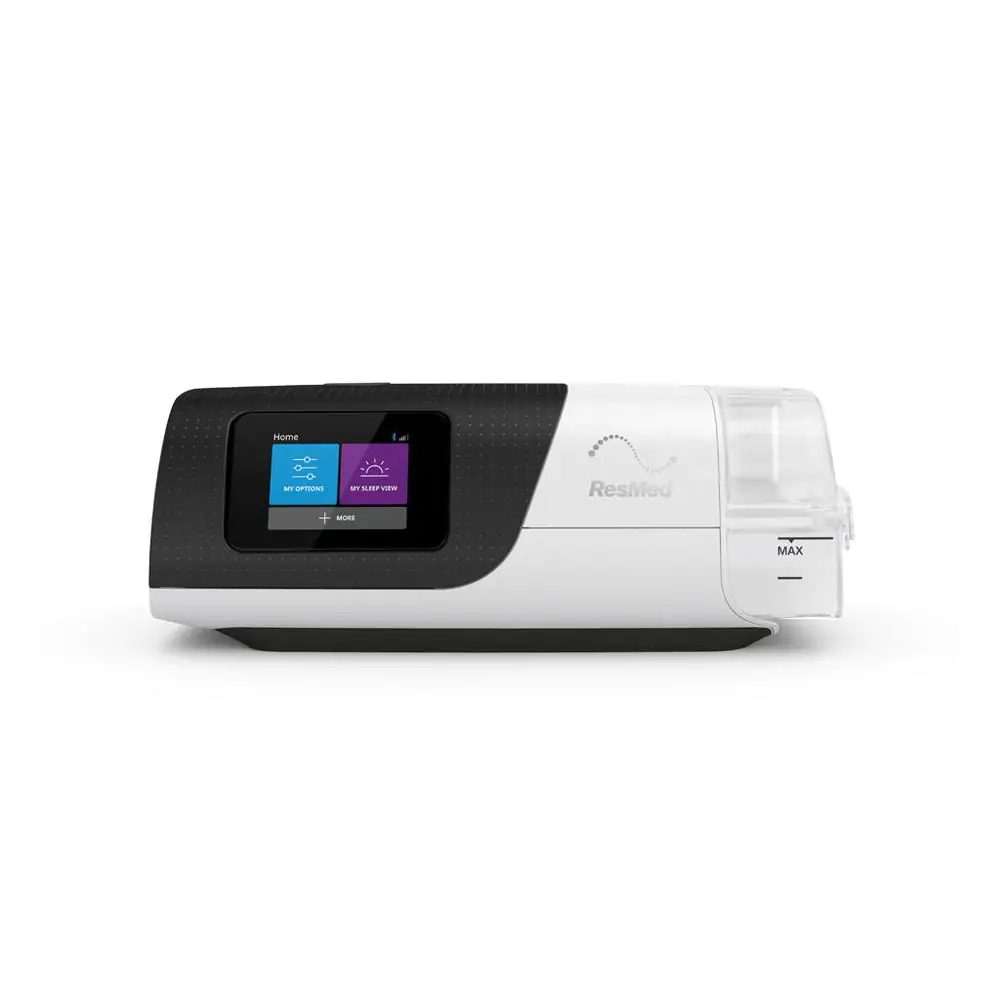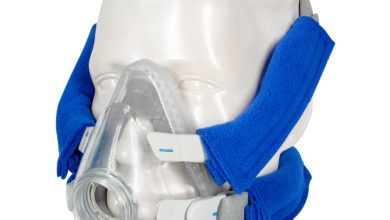What is CPAP?

CPAP, which stands for continuous positive airway pressure, is a type of non-invasive ventilation therapy commonly used to treat obstructive sleep apnea (OSA). OSA is a sleep disorder characterized by pauses in breathing during sleep due to a blockage in the upper airway. These pauses can last for several seconds or even minutes and can occur multiple times per hour.
Table of Contents
How CPAP Works
A CPAP machine consists of a motor, a hose, and a mask that fits over the nose or both the nose and mouth. The motor blows air through the hose and into the mask, creating a positive pressure that helps to keep the airway open during sleep. This prevents the pauses in breathing that are characteristic of OSA.
Benefits of CPAP
CPAP is a very effective treatment for OSA. It can significantly improve sleep quality, reduce daytime sleepiness, and lower the risk of serious health problems associated with OSA, such as high blood pressure, heart disease, and stroke.
Side Effects of CPAP
CPAP is generally well-tolerated, but some people may experience side effects, such as:
- Dry mouth
- Nasal congestion
- Skin irritation from the mask
- Difficulty falling asleep or staying asleep
If you experience any side effects, talk to your doctor. There are often ways to adjust the CPAP settings or use different masks or accessories to reduce or eliminate these side effects.
Who Should Use CPAP
CPAP is a safe and effective treatment for people of all ages with OSA. It is the most common treatment for moderate to severe OSA. However, CPAP may not be right for everyone. Your doctor will assess your individual needs and determine whether CPAP is the best treatment option for you.
How to Use CPAP
It is important to use CPAP correctly to get the most benefit from it. Your doctor will show you how to use the machine and mask properly. It may take some time to get used to wearing the mask, but most people find that they can adjust to it with time.

Types of CPAP Machines
There are two main types of CPAP machines:
- CPAP (continuous positive airway pressure): This type of machine delivers a constant pressure throughout the night.
- APAP (auto-adjusting positive airway pressure): This type of machine automatically adjusts the pressure level throughout the night based on your breathing patterns.
APAP machines are often preferred over CPAP machines because they can provide more comfortable and effective treatment.
CPAP Masks
There are several different types of CPAP masks available. The most common types of masks include:
- Nasal masks: These masks fit over the nose and are typically the most comfortable type of mask.
- Nasal pillows: These masks fit under the nose and are a good option for people who have trouble tolerating nasal masks.
- Full-face masks: These masks cover both the nose and mouth and are typically used for people who have severe OSA or who have difficulty breathing through their nose.
Your doctor will help you choose the right type of CPAP mask for you.
CPAP Accessories
There are a number of CPAP accessories available that can help to make treatment more comfortable and effective. These accessories include:
- Humidifiers: Humidifiers add moisture to the air delivered by the CPAP machine, which can help to prevent dry mouth.
- Heated tubing: Heated tubing keeps the air delivered by the CPAP machine warm, which can help to prevent condensation and make treatment more comfortable.
- CPAP pillows: CPAP pillows are designed to help you sleep in a position that is comfortable for CPAP use.
Tips for Using CPAP
Here are some tips for using CPAP:
- Be patient. It may take some time to get used to wearing a CPAP mask.
- Start with a low pressure setting and gradually increase the pressure as you tolerate it.
- Use a humidifier and heated tubing to make treatment more comfortable.
- Clean your CPAP machine and mask regularly.
- See your doctor regularly for follow-up appointments.
If you have any questions or concerns about CPAP, talk to your doctor.
Conclusion
CPAP is a safe, effective, and non-invasive treatment for OSA. It can significantly improve your sleep quality, health, and quality of life. If you have been diagnosed with OSA, talk to your doctor about whether CPAP is right for you.


One Comment